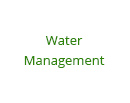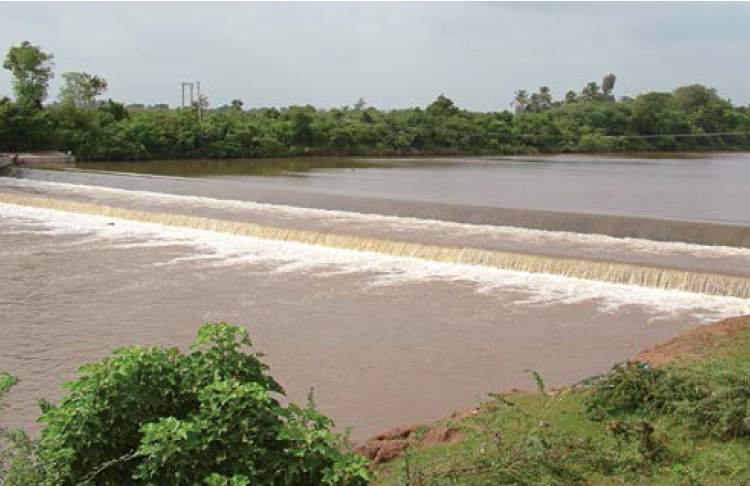an endangered species. Lion cubs have
been known to slip into drinking water wells in the Gir Forest
and drown. ACF along with forest officials have provided a
simple solution by constructing bunds or protection walls and
covering for wells, preventing the cubs from falling into the
well.
Protecting coastal zones through mangrove development -
Since 2009, the Ambujanagar cement plant and Surat grinding
unit, have been working with the Gujarat Ecology Commission
(GEC) to develop a mangrove area near Surat. The state
authorities have given 150 hectares to the company to develop
mangroves along the Gujarat coast. Planting of three native
tree species was done in three phases from November 2009
to February 2010. A density of 3,000 plants/ha has been
maintained in the project. Regular monitoring is conducted
by GEC in collaboration with the Surat plant for mangrove
development and maintenance.
Sustaining local livelihoods: All initiatives and activities under
rehabilitation ensure active community participation and
generate livelihood. Local people are employed for activities
such as pit preparation, watering, tree planting, nursery
development and construction of water harvesting structures
etc. A medicinal garden has also been developed in a nearby
area, which is managed by local people. Some former pits are
reclaimed for fodder cultivation to provide feed for the farmers’
cattle. The water management and mangrove plantation projects have |
also improved the livelihood for local people
by helping to increase agricultural crop yield and also by
increasing the fishing yield respectively
As result of the collaborative efforts of ACL, ACF, Government
of Gujarat and NGOs, the water table rose by eight metres,
controlled the water salinity problem and made quality
fresh water easily available to the communities around.
Wells, previously dry for at least seven months a year, now
contain water all year round, which has made it possible for
local farmers to take two crops per year. Local employment
opportunities have been generated through all activities and
initiatives with benefits for the livelihoods of local people. The
artificial lakes and wetlands have become breeding grounds
and visiting spots for a large number of migratory birds
including Pelican, Heron and Flamingoes. Fish population
has increased and Mugger crocodiles (Crocodylus palustris)
have also been recorded. The mangrove density of 3,000
plants/ha has been maintained, which will provide multiple
benefits such as flood protection, supporting marine life and
climate regulation. This approach has helped the company to
strengthen the relationships with all local stakeholders. The
achievements of the Ambuja Cements have been recognized
by authorities. The Government of Gujarat is exploring
implementing similar water harvesting models elsewhere in the
state on a large scale, with advice from the ACF. |









































